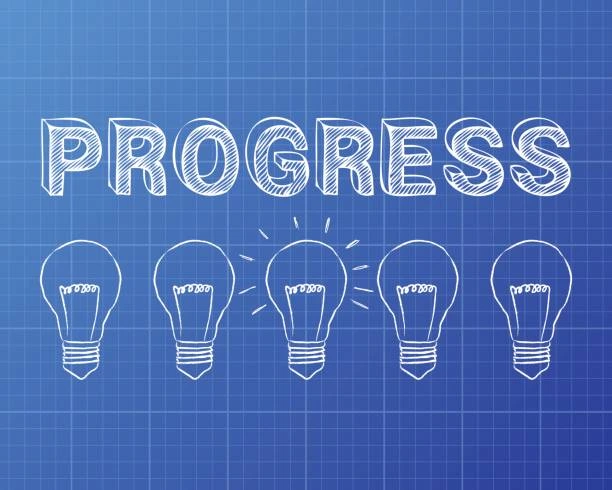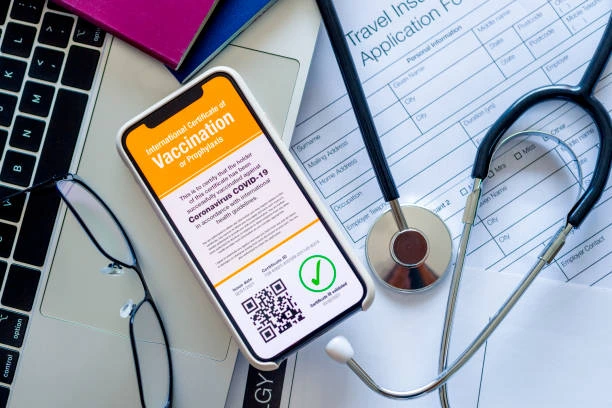Course Overview
This course is designed to equip participants with the knowledge and skills required to effectively monitor and evaluate agriculture and rural development projects. The course covers the key principles, methodologies, and tools necessary for implementing M&E frameworks in agricultural settings. Participants will learn how to track progress, measure outcomes, and assess the impact of projects aimed at improving agricultural productivity, food security, and rural livelihoods. The course combines theoretical understanding with practical applications to ensure that participants can design and implement robust M&E systems tailored to the unique challenges of agricultural and rural development projects.
Course Duration
5 Days
Who Should Attend
- M&E professionals who want to enhance their skills in impact evaluation.
- Program managers and project coordinators involved in designing and implementing development projects.
- Policy makers and planners interested in understanding the impact of public policies.
- Researchers and academics focusing on program evaluation.
- Donor agencies and development organizations seeking to measure the effectiveness of their funded projects.
Course Objectives
By the end of this course, participants will be able to:
- Understand the fundamental concepts and importance of impact evaluation in M&E.
- Design robust impact evaluation frameworks using appropriate methodologies.
- Implement impact evaluations, including data collection, analysis, and reporting.
- Apply various impact evaluation methods such as randomized controlled trials (RCTs), difference-in-differences, and propensity score matching.
- Utilize impact evaluation results to inform program design, policy formulation, and decision-making.
Course Outline:
Module 1: Introduction to Impact Evaluation in M&E
- Overview of Monitoring and Evaluation (M&E) and the role of impact evaluation.
- Key concepts: causality, counterfactuals, and attribution.
- Types of impact evaluation: experimental, quasi-experimental, and non-experimental.
Module 2: Designing Impact Evaluations
- Steps in designing an impact evaluation.
- Selecting appropriate evaluation designs and methodologies.
- Developing a theory of change and logic models.
Module 3: Data Collection and Management for Impact Evaluation
- Planning and executing data collection: surveys, interviews, and administrative data.
- Ensuring data quality: sampling, measurement, and minimizing biases.
- Ethical considerations in impact evaluation.
Module 4: Analyzing Impact Evaluation Data
- Introduction to statistical techniques for impact evaluation.
- Using software tools (e.g., Stata, R) for data analysis.
- Interpreting results: understanding significance, effect sizes, and confidence intervals.
Module 5: Reporting and Utilizing Impact Evaluation Findings
- Writing clear and actionable impact evaluation reports.
- Communicating findings to stakeholders and decision-makers.
- Incorporating evaluation results into program and policy design.
Customized Training
This training can be tailored to your institution needs and delivered at a location of your choice upon request.
Requirements
Participants need to be proficient in English.
Training Fee
The fee covers tuition, training materials, refreshments, lunch, and study visits. Participants are responsible for their own travel, visa, insurance, and personal expenses.
Certification
A certificate from Ideal Sense & Workplace Solutions is awarded upon successful completion.
Accommodation
Accommodation can be arranged upon request. Contact via email for reservations.
Payment
Payment should be made before the training starts, with proof of payment sent to outreach@idealsense.org.
For further inquiries, please contact us on details below:






